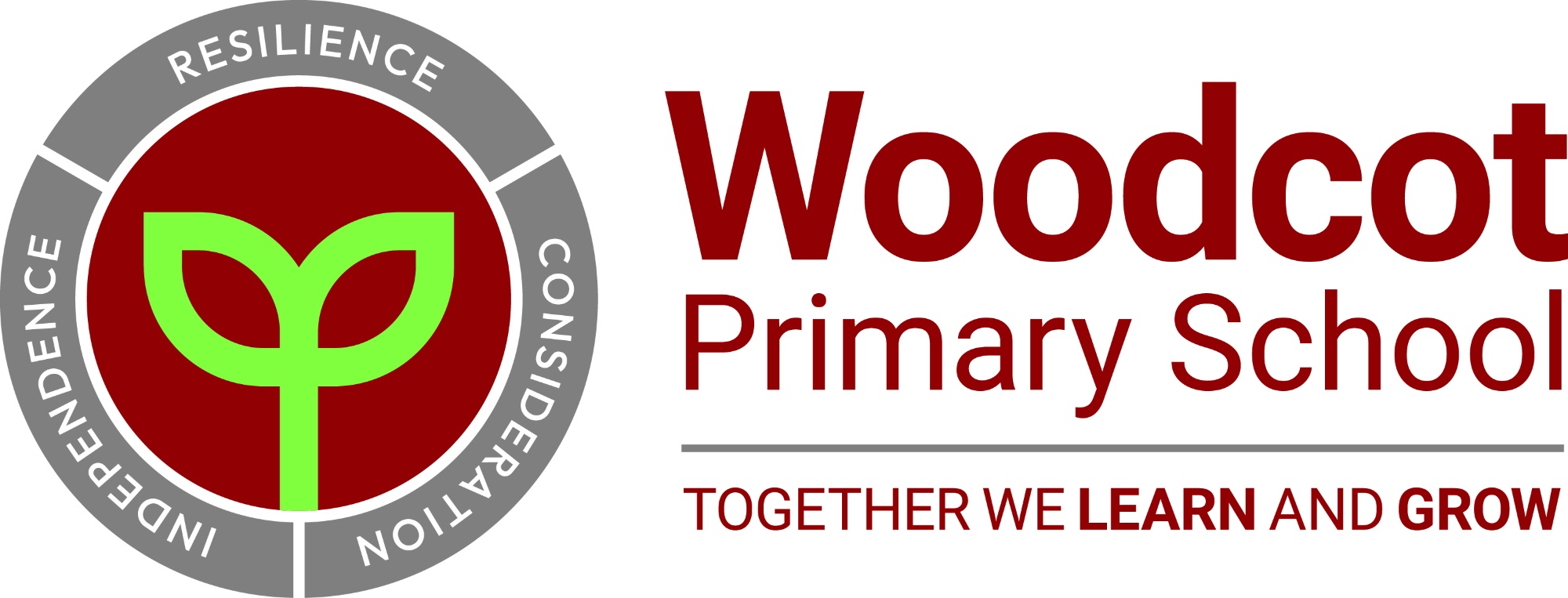PSHE
Subject leader
Miss McBryde is responsible for PSHE. This means ensuring there is an ambitious curriculum set, supporting teachers to implement it through high-quality lessons and checking that everything is helping children to know more, remember more and do more.
If you would like more information in addition to that
published on this page, please email:
admin@woodcotschool.co.uk
Aims
Our PSHE curriculum will support the development of the skills, attitudes, values and behaviour, which enable pupils to:
- Have a sense of purpose
- Value self and others
- Form relationships
- Make and act on informed decisions
- Communicate effectively
- Work with others
- Respond to challenge
- Be an active partner in their own learning
- Be active citizens within the local community
- Explore issues related to living in a democratic society
- Become healthy and fulfilled individuals
Purpose of Study
At Woodcot Primary School, we believe that the personal development of our pupils is central to their learning, achievement and well-being. PSHE helps to give all pupils the knowledge, skills, and understanding they need to lead confident, healthy, independent lives and to become informed, active and responsible citizens. We encourage pupils in our school to play a positive role in contributing to the life of the school and the wider community. Many aspects of school life, including the personal, social and health education curriculum, drugs education and sex and relationship education are part of this integrated programme. They learn to understand and respect our common humanity; diversity and differences so that they can go on to form the effective, fulfilling relationships that are an essential part of life and learning. We place high emphasis on pupil’s mental health and well-being as well as their academic achievement and we fully recognise the important relationship between well-being and learning.
Intent
At Woodcot, we believe that personal development of our pupils is central to their learning. We choose to deliver PSHE using 1decision. This PSHE programme aims to develop resilient, responsible citizens ready to face modern challenges and their roles as responsible citizens. We aspire to provide pupils with essential knowledge and skills to effectively manage their lives.
Our curriculum reflects the following intent:
-
Holistic Development: We recognise and value the importance of developing the whole child. Our PSHE curriculum aims to nurture pupils’ well-being, confidence, and resilience, empowering them to make informed decisions about their health, relationships, and future.
-
Inclusivity and Diversity: We celebrate diversity and promote inclusivity within our curriculum. We ensure that all voices are heard and empower pupils to respect different perspectives, cultures, and backgrounds. We provide a safe space for discussions around equality, relationships, and personal identity. This is also evident with our No Outsiders and P4C lessons too.
-
Preparation for Future Citizenship: Our PSHE programme equips pupils with the skills and knowledge needed for future challenges. We cover important themes such as mental health awareness, healthy relationships, and digital safety, ensuring pupils are prepared for life in contemporary society and enabling them to make sound decisions as informed citizens.
Implementation
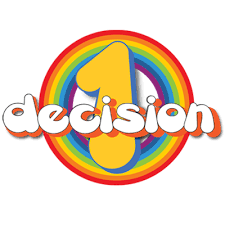
Our PSHE programme is implemented through a structured approach that integrates into the wider curriculum, including:
- Curriculum Framework: Aligning with national standards, our PSHE curriculum covers key themes like relationships, health, and wellbeing.
-
Engaging Teaching: Utilising discussions, role play, documentaries and videos with alternative endings to promote active participation.
-
Whole-School Approach: Ensuring all staff model PSHE values, reinforcing positive behaviours across the school.
-
School Values: PSHE is embedded throughout our school values also; Resilience, Independence and Consideration. Children are encouraged to reflect on themselves as a learner and how they show the school values throughout their time at school.
-
Additional Curriculum Activities: Children are encouraged to be part of the wider school community by participating and applying for Young Governor roles, Eco Warriors and after school clubs. Within all these groups, a focus is placed on developing happy, healthy, independent and responsible citizens.
Impact
The impact of our PSHE curriculum is evident through:
-
Pupil Well-Being: A rise in confidence and emotional intelligence, enabling healthy lifestyle choices.
-
Behaviour and Relationships: Improved behaviour and conflict resolution skills, reducing bullying incidents.
-
Engagement and Participation: Pupils feel confident to share their ideas and articulation of thoughts during lessons.
-
Community Contribution: Active involvement in local initiatives, showcasing citizenship and social responsibility. There is often a high number of applications for roles advertised. Children are keen to be part of an initiative to make a difference.
In summary, our PSHE curriculum promotes responsible citizenship and prepares pupils for future challenges.
Units of learning
Keeping and Staying Safe:
In Year 1, children will explore Road Safety. Year 2 will learn how to tie shoelaces to keep themselves and others safe. In Year 3, children will understand the risks of leaning out of windows. Year 4, will explore Cycle Safety. In Year 5, children will explore peer pressure and the impact of this on them. Year 6 will learn about Water Safety.
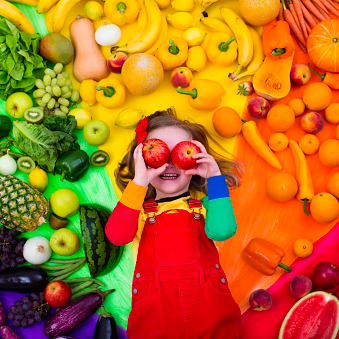
Keeping and Staying Healthy:
Year 1 will begin by learning about washing hands to keep themselves healthy and safe. In Year 2, children will learn about healthy eating and the importance of brushing their teeth. Year 3 will explore medicine and understand when it is safe to take medicine to keep themselves healthy. In Year 4, children will learn what a healthy lifestyle choice is and how to make a healthy lifestyle choice. Year 5 will explore the risks associated with smoking and the impacts on this on health and wellbeing. In Year 6, children will explore what a risky choice is with links to alcohol and drug use including the law.

Relationships/Growing and Changing:
Year 1 will begin by exploring friendships and what a friend is. Year 2 will explore what bullying is with links to feelings and friendships. In Year 3, children will explore feelings using words and through body language. Year 4 will explore appropriate and inappropriate touch and understanding personal boundaries. In Year 5, children will understand what puberty is and the changes this involves for them. Year 6 will learn about conception and reproduction and the laws around consent.
Being Responsible:
In Year 1, children will explore what they are responsible for, including a focus around water spillages and preventing accidents. Year 2 will discuss the importance of trying hard and not giving up with a link to goal setting. They will also discuss how to help someone in need. In Year 3, children will understand the differences between borrowing and stealing with a link to being responsible. Year 4 will recognise the importance of behaving responsibly in a range of situations, including coming home on time. In Year 5, children will focus on action to take when someone is being unkind including looking out for others. Year 6 will recognise the importance of being honest and not stealing.
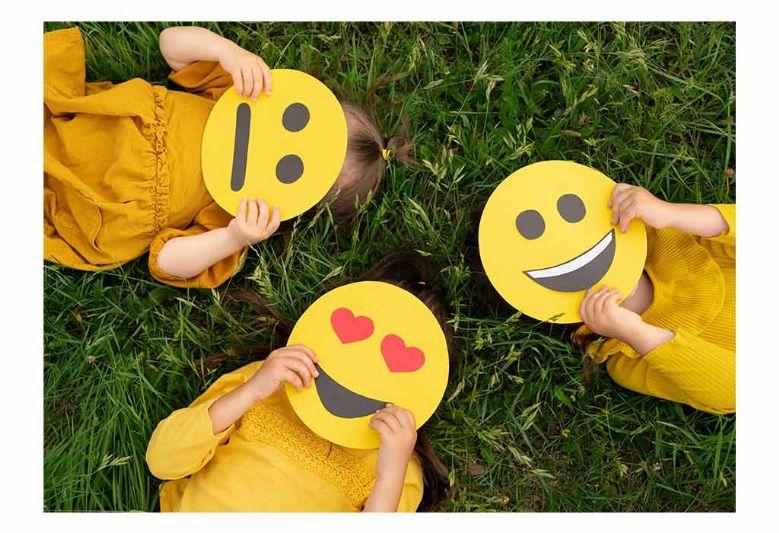
Feelings and Emotions:
Year 1 will begin by exploring and being able to name emotions and their physical effects. The focus emotion will be jealously. In Year 2, children will explore the difference between pleasant and unpleasant emotions with a focus on anger and worry. Year 3 will explore the feeling of grief and learn a range of skills for coping with unpleasant and uncomfortable emotions. Year 4 will recognise thoughts, feelings and emotions as well as be able to identify differences between those that feel good and those that feel not so good. In Year 5, children will develop strategies to help control uncomfortable feelings such as anger. Year 6 will discuss the feeling of worry and identify how to reduce this feeling with suitable strategies.
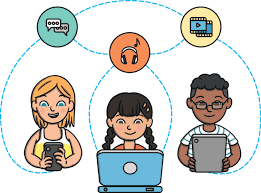
Computer Safety:
All year groups will take part in e-safety awareness week. In addition to this, Year 1 will discuss online bullying, understanding how online actions can affect others. Year 2 will create rules for keeping and staying safe online, including image sharing. Year 3 will discuss possible dangers and consequences of talking to strangers online and how to keep themselves safe. Year 4 will recognise the importance of positive online relationships and know how and who to ask for help. In Year 5, children will explore why images are shared online and the rules everyone should follow when sharing images online. Year 6 will discuss ways to keep themselves safe in a range of situations online and offline.

Our World/The Working World:
Year 1 will begin by exploring common features of family life and what 'Growing in Our World' is like for each individual family. Year 2 will explore 'Living in Our World' and 'Working in Our World' which includes recognising the importance of keeping our communities clean. In Year 3, children will explore how to look after our world and how to reduce our carbon footprint. Year 4 will discuss ways in which they can contribute to home, school and the community, including what chores could be done at home. In Year 5, children will explore ways of making money and the early stages of enterprise. Year 6 will begin to identify strategies to save money to help them in the wider world.
Hazard Watch:
This is a stand-alone unit that Year 1, 2 and 3 will complete which builds on keeping and staying safe and healthy. This includes knowing what is safe to eat, drink and play with.

A World Without Judgement:
Year 4, 5 and 6 will explore differences including the strengths and goals of one another. Children will also identify ways in which we are all different and unique and being accepting and including everyone.
